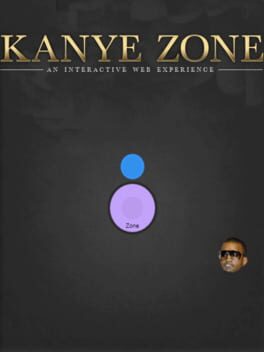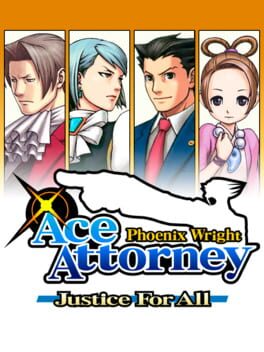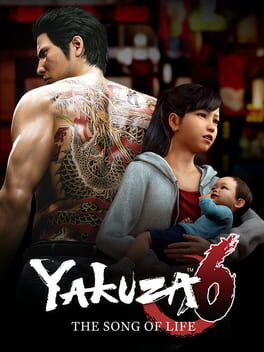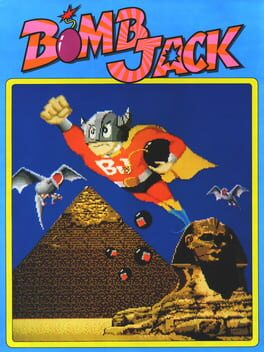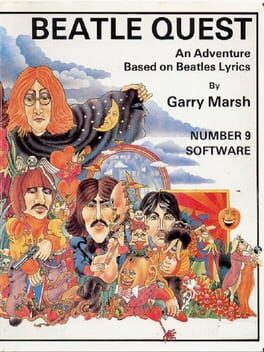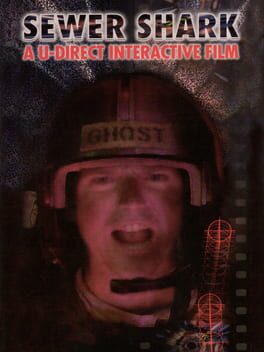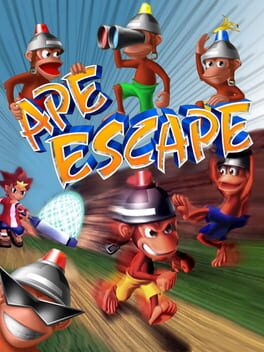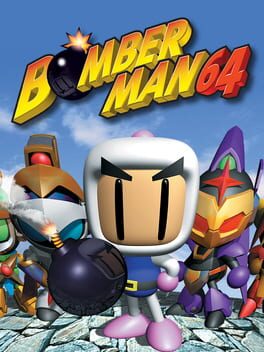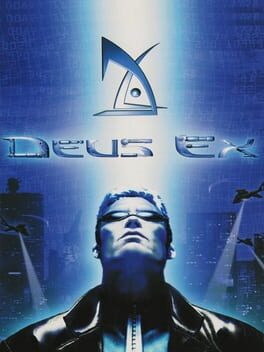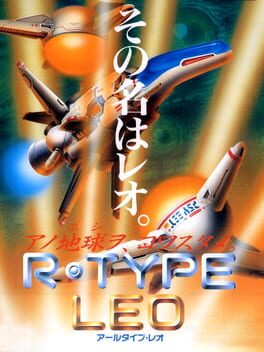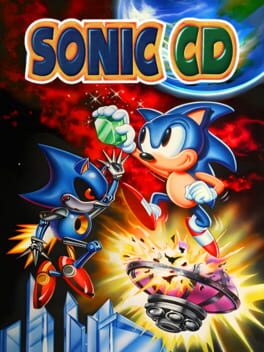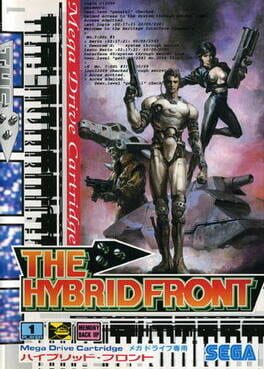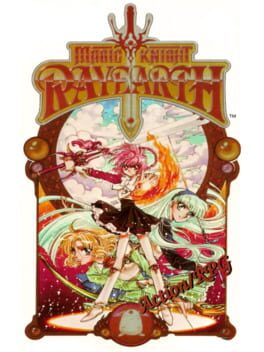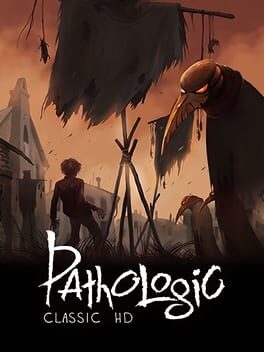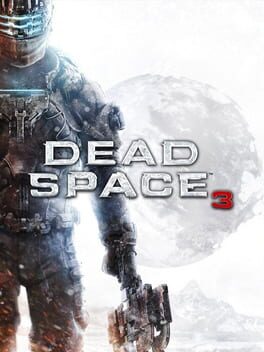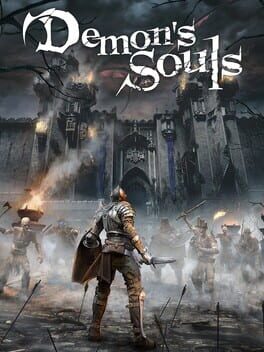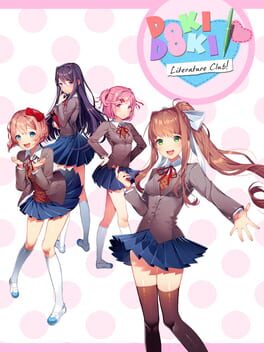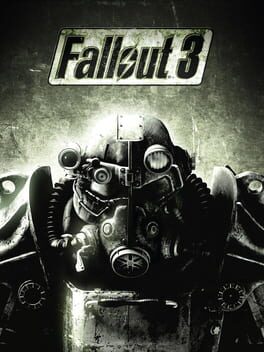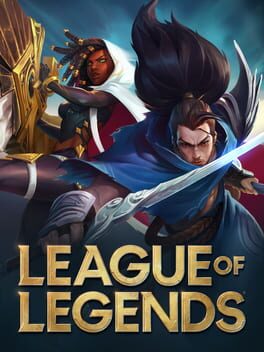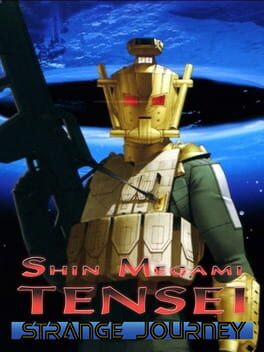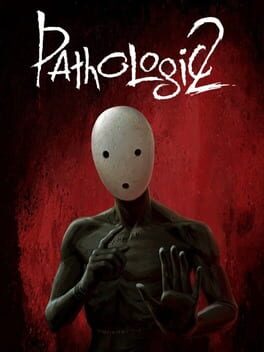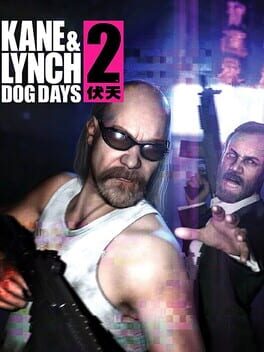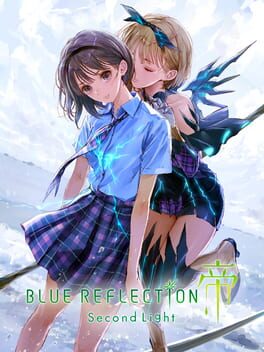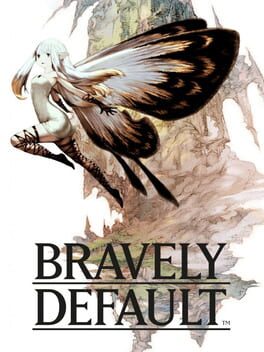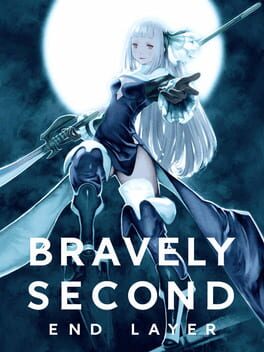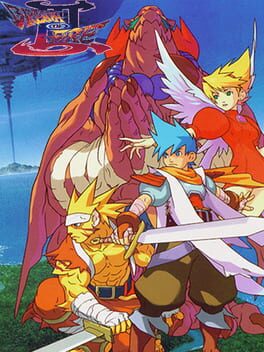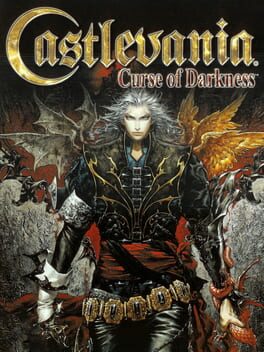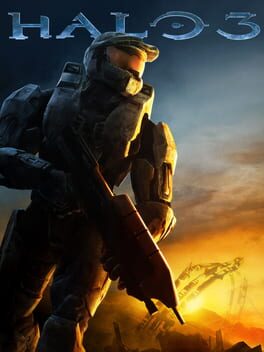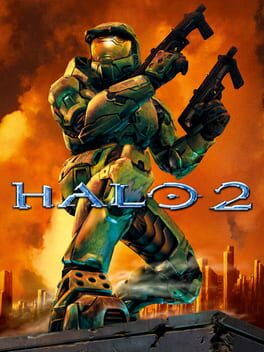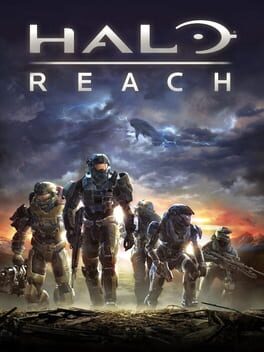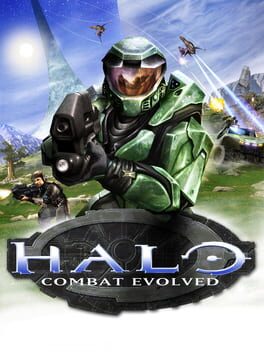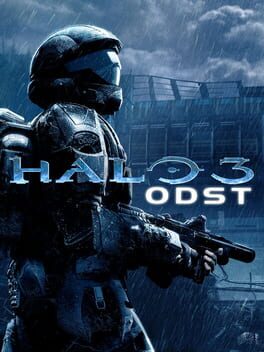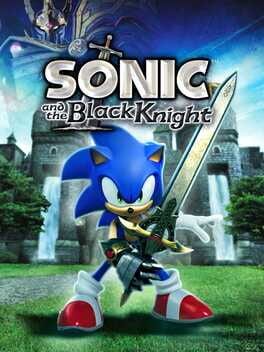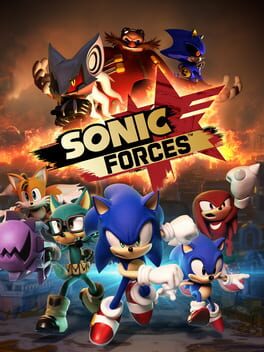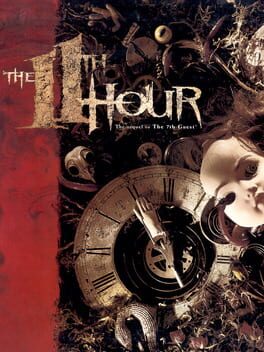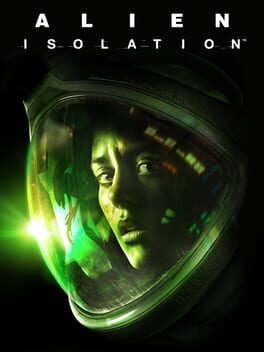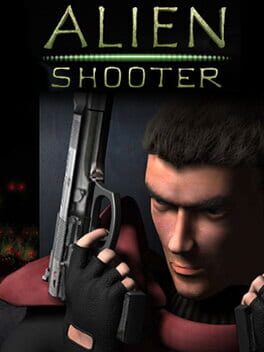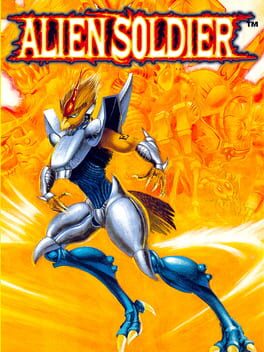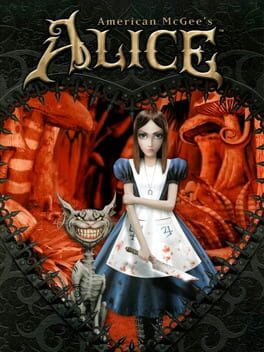Suall
100 reviews liked by Suall
Style Savvy
2008
Lies of P
2023
This review contains spoilers
Lies of P is a game about lying.
For a game that copies a lot of the most recognizable characteristics of From Software games, it still feels like a wholly original and unique game despite how many people write this game off as a ‘Bloodborne clone’. What I think Lies manages to do that other souls-likes fail at is advancing the design elements of From rather than simply siphoning their mechanics to influence how the player perceives the game: Pulse Cells are analogous to the Estus Flask, but also let you recharge your final Cell if you perform well enough in combat, opening up build options in whether you want to do more damage in this riskier state or simply want a faster charge rate. Legion Arms reflect a much more limited, less abusable version of Sekiro’s Shinobi Prosthetic, and Guard Regain’s compatibility with blocked damage places this game in an aggression range between DS3 and Bloodborne, with the parry-focused combat of Sekiro.
Because of these various yet closely associated influences, the game is almost like a perfect remix of the Fromsoft formula, allowing you to appreciate where certain ideas are pulled from before the game puts a new spin on them. I’m personally incredibly happy with the level design of this game, which feels like it draws most directly from Dark Souls II of all places, a risky choice considering the general attitude most people have towards that game. One of my biggest complaints with Dark Souls III is how that games’ level design very quickly abandons any aspect of interconnectivity or large-scale exploration that the first two games in the series allowed for in favor of an almost entirely linear experience that put its combat front and center, for better or worse. Lies of P manages to somehow have the best of both worlds, with incredibly engaging bosses that I always look forward to fighting and levels that don’t feel like straight lines with an absurd number of bonfires. Most levels here wrap around themselves in really impressive ways that allow for stargazers to be placed incredibly sparingly, a design choice I will always prefer to DS3’s more ‘theme-park’ approach to level progression.
Beyond the game’s astonishing level of mechanical cohesion (I haven’t even mentioned the Assembly system, which is honestly reason enough to play this game if you’re a fan of games with similar combat systems), the cohesion of this game’s story is criminally undervalued. I can’t really blame most people for not being able to take this game seriously for being a soulslike about… Pinnochio, especially when most of our internal perceptions of the character are either of the Disney version or the character in the Shrek movies. You’re just going to have to trust me when I say that this game is a very thought-out adaptation of the source material and doesn’t simply use the Pinocchio property as a shallow aesthetic stunt. Lies is a game that actually uses the property it’s adapting within the vehicle of it’s story, and I have an endless respect for this game in how much faith it has in its own concept. When asked “What makes someone human?” Carlo Collodi’s The Adventures of Pinnochio serials answers that it is our ability to help others and act for their sake that makes us human, as shown in Pinocchio’s transformation at the end of the story after months of studying, working hard and saving money to care for his sick father. Lies of P’s answer, is actually not very different: We’re human because we can choose to act, and by exercising our agency we help each other far more than we help only ourselves. The game’s Real Boy ending sees everyone in the hotel replaced with a puppet copy after being killed by the newly reborn, perfectly obedient Carlo, after. The game’s most ‘Pinocchio’ mechanic, Lying, even shows a refreshing amount of nuance and respect to human morality by never painting the choice to lie or not as a simple choice between ‘doing the right thing’ and ‘doing the wrong thing’. Many of the choices in this game feel like they lack a ‘right’ answer, but often I found that lying to most people was often a mercy that showcased how communication often has to fulfill an emotional need more than a logical one. That’s not to say that lying is always the new ‘right thing’ in this game; Although the best ending in the game requires you to express your humanity a lot (through lying, mostly), the game still has a couple lies that genuinely stumped me on whether I wanted to lie or not; Do you decipher Alidoro’s scroll and tell Eugenie’s brother is dead? Do you tell Venigni that your own father is responsible for the destruction of Krat? Do you admit to Arlecchino that you are, in fact, a murderer? I can’t begin to express how relieving it is that this game isn’t trying to lecture the player about honesty or morality, understanding that lying is both innately amoral and innately part of the human experience. Lying is a choice, and what is more human than the ability to make our own choices?
Lies of P is the most honest game I’ve played.
For a game that copies a lot of the most recognizable characteristics of From Software games, it still feels like a wholly original and unique game despite how many people write this game off as a ‘Bloodborne clone’. What I think Lies manages to do that other souls-likes fail at is advancing the design elements of From rather than simply siphoning their mechanics to influence how the player perceives the game: Pulse Cells are analogous to the Estus Flask, but also let you recharge your final Cell if you perform well enough in combat, opening up build options in whether you want to do more damage in this riskier state or simply want a faster charge rate. Legion Arms reflect a much more limited, less abusable version of Sekiro’s Shinobi Prosthetic, and Guard Regain’s compatibility with blocked damage places this game in an aggression range between DS3 and Bloodborne, with the parry-focused combat of Sekiro.
Because of these various yet closely associated influences, the game is almost like a perfect remix of the Fromsoft formula, allowing you to appreciate where certain ideas are pulled from before the game puts a new spin on them. I’m personally incredibly happy with the level design of this game, which feels like it draws most directly from Dark Souls II of all places, a risky choice considering the general attitude most people have towards that game. One of my biggest complaints with Dark Souls III is how that games’ level design very quickly abandons any aspect of interconnectivity or large-scale exploration that the first two games in the series allowed for in favor of an almost entirely linear experience that put its combat front and center, for better or worse. Lies of P manages to somehow have the best of both worlds, with incredibly engaging bosses that I always look forward to fighting and levels that don’t feel like straight lines with an absurd number of bonfires. Most levels here wrap around themselves in really impressive ways that allow for stargazers to be placed incredibly sparingly, a design choice I will always prefer to DS3’s more ‘theme-park’ approach to level progression.
Beyond the game’s astonishing level of mechanical cohesion (I haven’t even mentioned the Assembly system, which is honestly reason enough to play this game if you’re a fan of games with similar combat systems), the cohesion of this game’s story is criminally undervalued. I can’t really blame most people for not being able to take this game seriously for being a soulslike about… Pinnochio, especially when most of our internal perceptions of the character are either of the Disney version or the character in the Shrek movies. You’re just going to have to trust me when I say that this game is a very thought-out adaptation of the source material and doesn’t simply use the Pinocchio property as a shallow aesthetic stunt. Lies is a game that actually uses the property it’s adapting within the vehicle of it’s story, and I have an endless respect for this game in how much faith it has in its own concept. When asked “What makes someone human?” Carlo Collodi’s The Adventures of Pinnochio serials answers that it is our ability to help others and act for their sake that makes us human, as shown in Pinocchio’s transformation at the end of the story after months of studying, working hard and saving money to care for his sick father. Lies of P’s answer, is actually not very different: We’re human because we can choose to act, and by exercising our agency we help each other far more than we help only ourselves. The game’s Real Boy ending sees everyone in the hotel replaced with a puppet copy after being killed by the newly reborn, perfectly obedient Carlo, after. The game’s most ‘Pinocchio’ mechanic, Lying, even shows a refreshing amount of nuance and respect to human morality by never painting the choice to lie or not as a simple choice between ‘doing the right thing’ and ‘doing the wrong thing’. Many of the choices in this game feel like they lack a ‘right’ answer, but often I found that lying to most people was often a mercy that showcased how communication often has to fulfill an emotional need more than a logical one. That’s not to say that lying is always the new ‘right thing’ in this game; Although the best ending in the game requires you to express your humanity a lot (through lying, mostly), the game still has a couple lies that genuinely stumped me on whether I wanted to lie or not; Do you decipher Alidoro’s scroll and tell Eugenie’s brother is dead? Do you tell Venigni that your own father is responsible for the destruction of Krat? Do you admit to Arlecchino that you are, in fact, a murderer? I can’t begin to express how relieving it is that this game isn’t trying to lecture the player about honesty or morality, understanding that lying is both innately amoral and innately part of the human experience. Lying is a choice, and what is more human than the ability to make our own choices?
Lies of P is the most honest game I’ve played.
Title: Final Fantasy VII Rebirth: A Masterful Continuation of an Iconic Legacy
As a lifelong fan of the Final Fantasy series, experiencing the magnificence of Final Fantasy VII Rebirth was an emotional journey unlike any other. Serving as a direct sequel to the acclaimed Final Fantasy VII Remake, this installment not only honors the beloved classic but also charts a bold new course, expanding upon its rich lore and characters in ways that are both awe-inspiring and deeply resonant.
From the moment I stepped back into the dystopian city of Midgar, I was enveloped in a world brimming with wonder and danger. The attention to detail in the environment design is nothing short of breathtaking, with each location meticulously crafted to evoke a sense of nostalgia while introducing fresh elements that keep the experience feeling vibrant and alive. Whether I was navigating the labyrinthine streets of Sector 7 or scaling the towering plateaus of the Shinra Headquarters, every corner of the world felt meticulously realized and ripe for exploration.
One of the most striking aspects of Final Fantasy VII Rebirth is its narrative depth and complexity. Building upon the foundation laid by its predecessor, the sequel delves deeper into the intricate web of politics, spirituality, and personal vendettas that define the world of Gaia. The story unfolds with a sense of urgency and gravitas, weaving together the destinies of its diverse cast of characters in a tapestry of epic proportions. Moments of heart-wrenching tragedy are juxtaposed with scenes of triumphant heroism, creating a narrative arc that is as emotionally resonant as it is captivating.
Moreover, Final Fantasy VII Rebirth introduces a host of new gameplay mechanics and features that elevate the experience to new heights. The revamped combat system seamlessly blends real-time action with strategic decision-making, allowing for dynamic battles that are as exhilarating as they are tactical. The inclusion of new playable characters and summonable allies adds depth to the party dynamics, offering players a wealth of options for customizing their playstyle and overcoming formidable foes.
In addition to its engrossing single-player campaign, Final Fantasy VII Rebirth also delivers an immersive multiplayer experience that allows players to join forces with friends and strangers alike in epic battles against powerful adversaries. Whether teaming up to tackle challenging dungeons or competing in intense PvP matches, the multiplayer component adds a new layer of social interaction and replayability to the game, ensuring that the adventure never truly ends.
Overall, Final Fantasy VII Rebirth stands as a testament to the enduring legacy of one of gaming's most iconic franchises. With its breathtaking visuals, emotionally resonant storytelling, and engaging gameplay, it represents the pinnacle of what a modern RPG can achieve. Whether you're a longtime fan of the series or a newcomer eager to embark on an unforgettable journey, Final Fantasy VII Rebirth is an absolute triumph that demands to be experienced.
As a lifelong fan of the Final Fantasy series, experiencing the magnificence of Final Fantasy VII Rebirth was an emotional journey unlike any other. Serving as a direct sequel to the acclaimed Final Fantasy VII Remake, this installment not only honors the beloved classic but also charts a bold new course, expanding upon its rich lore and characters in ways that are both awe-inspiring and deeply resonant.
From the moment I stepped back into the dystopian city of Midgar, I was enveloped in a world brimming with wonder and danger. The attention to detail in the environment design is nothing short of breathtaking, with each location meticulously crafted to evoke a sense of nostalgia while introducing fresh elements that keep the experience feeling vibrant and alive. Whether I was navigating the labyrinthine streets of Sector 7 or scaling the towering plateaus of the Shinra Headquarters, every corner of the world felt meticulously realized and ripe for exploration.
One of the most striking aspects of Final Fantasy VII Rebirth is its narrative depth and complexity. Building upon the foundation laid by its predecessor, the sequel delves deeper into the intricate web of politics, spirituality, and personal vendettas that define the world of Gaia. The story unfolds with a sense of urgency and gravitas, weaving together the destinies of its diverse cast of characters in a tapestry of epic proportions. Moments of heart-wrenching tragedy are juxtaposed with scenes of triumphant heroism, creating a narrative arc that is as emotionally resonant as it is captivating.
Moreover, Final Fantasy VII Rebirth introduces a host of new gameplay mechanics and features that elevate the experience to new heights. The revamped combat system seamlessly blends real-time action with strategic decision-making, allowing for dynamic battles that are as exhilarating as they are tactical. The inclusion of new playable characters and summonable allies adds depth to the party dynamics, offering players a wealth of options for customizing their playstyle and overcoming formidable foes.
In addition to its engrossing single-player campaign, Final Fantasy VII Rebirth also delivers an immersive multiplayer experience that allows players to join forces with friends and strangers alike in epic battles against powerful adversaries. Whether teaming up to tackle challenging dungeons or competing in intense PvP matches, the multiplayer component adds a new layer of social interaction and replayability to the game, ensuring that the adventure never truly ends.
Overall, Final Fantasy VII Rebirth stands as a testament to the enduring legacy of one of gaming's most iconic franchises. With its breathtaking visuals, emotionally resonant storytelling, and engaging gameplay, it represents the pinnacle of what a modern RPG can achieve. Whether you're a longtime fan of the series or a newcomer eager to embark on an unforgettable journey, Final Fantasy VII Rebirth is an absolute triumph that demands to be experienced.
Kanye Zone
2012
Kanye Zone
2012
Final Fantasy VII
1997
When it comes to Final Fantasy VII, I think there tends to be a general fixation on Midgar as a centralized point of identity for the game. And while I do think it's one of the best opening segments in maybe any videogame, what makes it work so well in the grand scheme of things is just how introspective the rest of the game feels when juxtaposed to its explosive sense of grandiosity.
Final Fantasy VII's globe trotting adventure isn't primarily defined by it's sense for theatrics, but by it's mellow tone and somber sensibilities. The towns you come across are oftentimes humble and restrained, carefully crafted with precision point environmental design and delicate cinematography. There's a tender sense of balance to found throughout the whole affair, as it seeks to comfort you just as often as it alienates you. That push-and-pull dynamic it shares with the player is such a key focal point as to what make the worlds of VII and VIII feel so utterly compelling to me, and I can't help but feel that the unquestioned contrast between the science and fantasy elements plays a major factor in how sheerly effective that relationship it is.
Aerith's fate is something I'll never forget, not just because of the effective dramatization found within that one moment, but because of how silent and truly felt her absence is across the rest of the game. A lot of people give this game grief for putting the snowboarding segment not even like twenty minutes later, but the fact that the game just moves on afterwards without dwelling on itself too hard is exactly what I think makes it brilliant. Final Fantasy VII allows its punctual moments to breathe and sink skin deep, and it knows that no amount of self indulgent dialogue commemorating Aerith would ever hit as hard as opening the party screen just to see a missing slot there.
Cloud might not be the person he says he is, but what he becomes through learning to open his heart to other people and show compassion makes him more of a hero than any mere SOLDIER could ever hope to be. He never has any major transformation in regards to physicality and utility, he doesn't have to. Just as he doesn't need to be told by someone that he's finally enough, he always was.
For every magnificent setpiece Final Fantasy VII has, there's a slew of soft spoken moments of beauty that truly make this game what it is, even up to its final moments. It ends the same way it began, a friendly face amidst a writhing future of uncertainty. That faint shimmer of hope shining just as bright as it always has.
Final Fantasy VII's globe trotting adventure isn't primarily defined by it's sense for theatrics, but by it's mellow tone and somber sensibilities. The towns you come across are oftentimes humble and restrained, carefully crafted with precision point environmental design and delicate cinematography. There's a tender sense of balance to found throughout the whole affair, as it seeks to comfort you just as often as it alienates you. That push-and-pull dynamic it shares with the player is such a key focal point as to what make the worlds of VII and VIII feel so utterly compelling to me, and I can't help but feel that the unquestioned contrast between the science and fantasy elements plays a major factor in how sheerly effective that relationship it is.
Aerith's fate is something I'll never forget, not just because of the effective dramatization found within that one moment, but because of how silent and truly felt her absence is across the rest of the game. A lot of people give this game grief for putting the snowboarding segment not even like twenty minutes later, but the fact that the game just moves on afterwards without dwelling on itself too hard is exactly what I think makes it brilliant. Final Fantasy VII allows its punctual moments to breathe and sink skin deep, and it knows that no amount of self indulgent dialogue commemorating Aerith would ever hit as hard as opening the party screen just to see a missing slot there.
Cloud might not be the person he says he is, but what he becomes through learning to open his heart to other people and show compassion makes him more of a hero than any mere SOLDIER could ever hope to be. He never has any major transformation in regards to physicality and utility, he doesn't have to. Just as he doesn't need to be told by someone that he's finally enough, he always was.
For every magnificent setpiece Final Fantasy VII has, there's a slew of soft spoken moments of beauty that truly make this game what it is, even up to its final moments. It ends the same way it began, a friendly face amidst a writhing future of uncertainty. That faint shimmer of hope shining just as bright as it always has.
it is my very strong and firm belief that any metal gear solid content after mgs3 only serves to pointlessly muddy and dilute a series that had absolutely no reason to continue after that point, but also metal gear solid 4 has that final boss and just a really strong ending in general if we pretend johnny and meryl weren't in the game whatsoever so it's not entirely pointless, i guess. metal gear solid for your stoner cousin who thinks sneaking is lame and just wants to blast freaks
Xenogears
1998
This review contains spoilers
Quite honestly, considering this to be one of my favorite stories told in a JRPG. Everything, for lack of a better term, resonated with me and I cannot be more glad. My extensively long journey, encompassing 80 hours throughout the span of 2 months, has finally come to a close. That final screen damn near brought me to tears, I love this game.
Disc 1 just felt… perfect. I can't really describe it. I had so many qualms and issues while playing, but I can't put myself to say I really disliked much. The arena fighter mini-game was legitimately so hype, the game just kept surprising me over and over and the feeling is unrivaled in my experience. I spent so much time engaging in superfluous content that my playthrough was damn near double what I've heard about the playtime of others.
I don't quite fully understand the hatred for disc 2 to be honest, sure, some dungeons were sloppy. But to be honest, I actually kinda liked the change in direction (somewhat)? I will say that a lot of the action taking place through visual novel did stink. Though, it would also be a bit redundant to make the player go back and forth and back and forth, grinding out more and more. The visual novel segments are a great way to give a player a break from the combat without halting progression of the story.
Additionally, I absolutely LOVED the bonus content that takes place before fighting Deus. The interactions based on whom you had in your party were so bittersweet, and I loved that I would be able to have some connections with the characters just one last time. Closer to the actual end of the game (post-killing Deus) was just a constant wave of chills being sent down my spine, the anime scenes at the end just felt like the perfect way to top everything off.
I bought a copy of Xenogears for ~$120 and a PS1 for about ~$10, and I can say that playing the game through that on a CRT was absolutely worth the cost. I regret nothing.
Disc 1 just felt… perfect. I can't really describe it. I had so many qualms and issues while playing, but I can't put myself to say I really disliked much. The arena fighter mini-game was legitimately so hype, the game just kept surprising me over and over and the feeling is unrivaled in my experience. I spent so much time engaging in superfluous content that my playthrough was damn near double what I've heard about the playtime of others.
I don't quite fully understand the hatred for disc 2 to be honest, sure, some dungeons were sloppy. But to be honest, I actually kinda liked the change in direction (somewhat)? I will say that a lot of the action taking place through visual novel did stink. Though, it would also be a bit redundant to make the player go back and forth and back and forth, grinding out more and more. The visual novel segments are a great way to give a player a break from the combat without halting progression of the story.
Additionally, I absolutely LOVED the bonus content that takes place before fighting Deus. The interactions based on whom you had in your party were so bittersweet, and I loved that I would be able to have some connections with the characters just one last time. Closer to the actual end of the game (post-killing Deus) was just a constant wave of chills being sent down my spine, the anime scenes at the end just felt like the perfect way to top everything off.
I bought a copy of Xenogears for ~$120 and a PS1 for about ~$10, and I can say that playing the game through that on a CRT was absolutely worth the cost. I regret nothing.
18 lists liked by Suall
by Bells |
27 Games
by Vee |
24 Games
by Bells |
10 Games
by Bells |
10 Games
by Crunch_Gorilla |
20 Games
by Bells |
72 Games
by Karen |
8 Games
by CorpsSansOrganes |
3 Games
by CorpsSansOrganes |
155 Games



